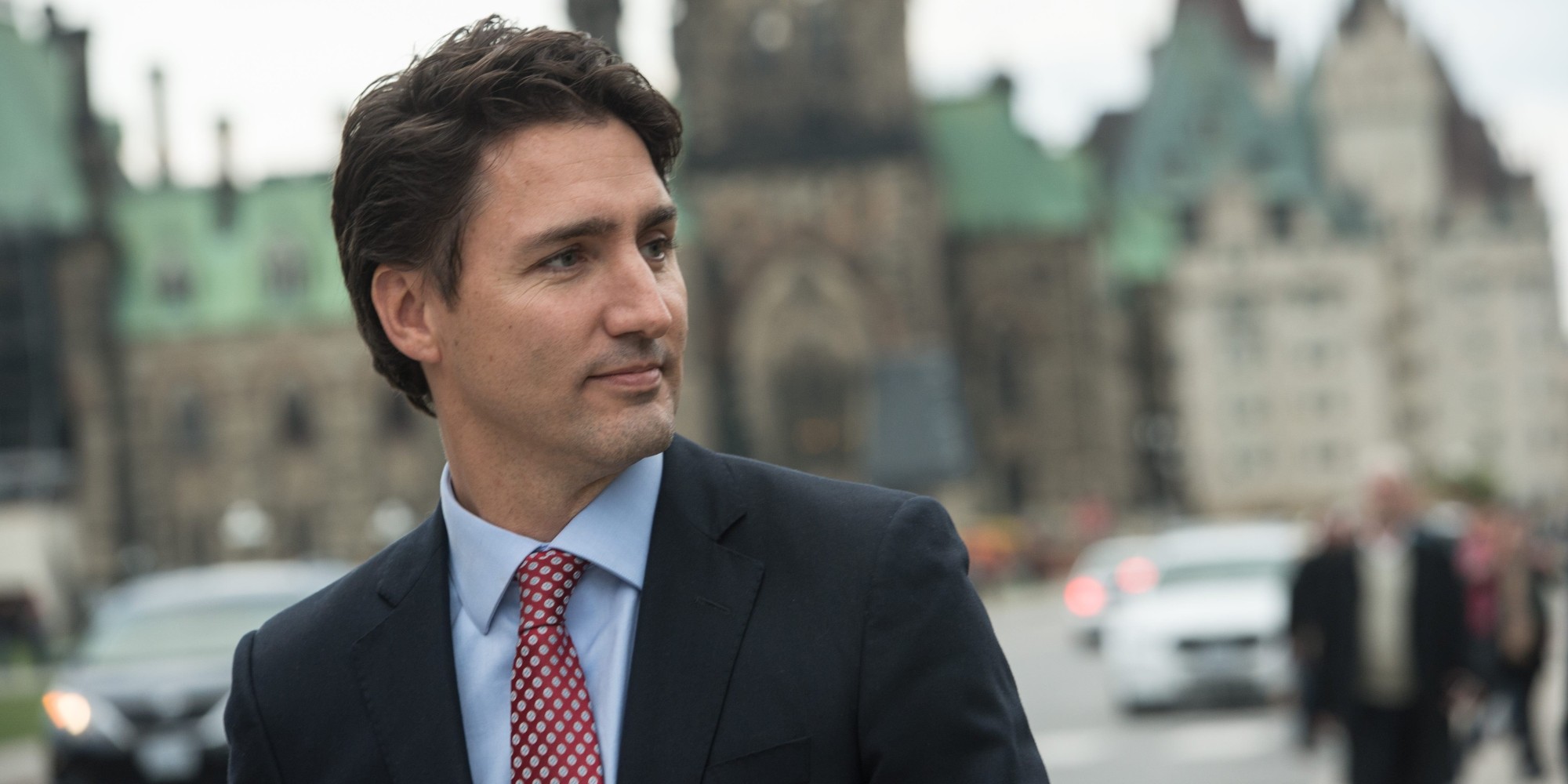It’s Time for Canada to Play China’s Game

Justin Trudeau has been advised by senior business figures to engage in the same pressure politics in Canada’s dispute with the Chinese government that are being used against it — namely the use of health or security concerns such as the search for illegal opioids to restrict certain imports and to stall container traffic
by John Ivision – the National Post
“Tariffs would be overt action — we should take covert action,” said one senior industry official, who has spoken to Trudeau and his key ministers but who asked to speak anonymously in case his company is sanctioned by the Chinese. “That’s what the Chinese understand and that’s what they respect. You don’t threaten them, you just take action,” he said.
Trudeau said this week that western countries do not need to “continue to allow” Chinese global aggression. He was speaking against the backdrop of a ban on Canadian canola exports to China and the arrest of two Canadians, Michael Kovrig and Michael Spavor, in that country.
“Justin Trudeau has said western countries are ‘pulling together’ to resist Chinese assertiveness, but it’s far from clear what is being done”
Kovrig and Spavor were held by China in December, just days after Canadian border officials detained Huawei executive Meng Wanzhou in Vancouver, at the behest of the U.S., which has since charged Meng with skirting sanctions on Iran.
But while Trudeau said western countries are “pulling together” to resist Chinese assertiveness, it is far from clear what action is being taken. The Conservatives have urged Trudeau to launch a formal complaint at the World Trade Organization against China for unjustifiably blocking Canadian canola exports. “Each day that Justin Trudeau fails to defend our interests, Canadian farmers pay the price,” said Conservative leader, Andrew Scheer. He also wants Trudeau to revoke promised funding to the Beijing-led Asian Infrastructure Bank.
Canada is leading a group of countries trying to reform the WTO. Jim Carr, the trade minister, was in Paris at meetings of the so-called Ottawa Group on Friday, where he said that the institution could become paralyzed if disagreements are not resolved. President Donald Trump has been blocking the nominations of new judges to the WTO’s Appellate Body, which settles disputes, which means by this December there won’t be enough judges for the WTO’s settlement body to function.
The U.S. wants changes at the WTO but neither the U.S. nor China attended the session in Paris, reducing its effectiveness and puncturing the confidence of those seeking resolution of the canola ban through normal trade dispute resolution channels.
Curt Vossen, president of Canada’s largest agribusiness, Winnipeg-based Richardson International, said farmers are cutting back on planting canola, as prices fall because of the Chinese blockade, and the prospect of a prolonged dispute raised the possibility it might be harder to sell the product come fall.
Canadian farmers produce around 20-22 million tonnes of canola in a normal year, with around one quarter going to the Chinese market. Around 3-4 million tonnes will be left in grain bins at the end of the crop year in late July. Vossen expects that carry-out to be even bigger, as farmers not happy with the price declines since the Chinese situation blew up, bet that it will be resolved and prices will recover. If they’re wrong, and the export ban stays in place, the amount left in grain bins could reach 5-7 million tonnes and prices could remain depressed into 2020.
Canada has been a beneficiary of the trade wars between the Americans and Chinese, which saw China put tariffs on U.S. agricultural products like soybeans. As a result, Canadian farmers sold a record amount of soybeans to China last year. But that ended with Meng’s arrest and the subsequent revocation of the export licences of the biggest canola exporters, Richardson and Viterra. Now Canadian farmers are feeling the pressure from a regime that uses economic levers to play political games.
On March 1, the week Meng’s extradition hearings began, Richardson was advised by the Canadian government its export registration on canola had been revoked by the Chinese because there were unacceptable levels of pests in its canola.
Vossen refutes the suggestion, pointing to re-inspections of the grain shipment in question by the Canadian Food Inspection Agency and the Canadian Grain Commission. “There was nothing beyond the normal standards,” he said. The authorities in Beijing said that Canadian standards are inadequate and that unless those inspection standards are improved, there will be no more Canadian canola exports.
“Our advice to the Canadian government has been to seek to engage on the issue of quality. Failing any willingness by the counter-party to engage in that, then you have to presume it isn’t quality. It’s worthwhile making the effort to ensure what it isn’t and what it isn’t is quality. We’re convinced of it,” said Vossen.
As the Richardson boss pointed out, “this isn’t a small thing”. Canada is the number one exporter of canola in the world; it contributes more than $26 billion to the economy, according to Statistics Canada.
“This is damaging to the Canadian economy, it’s damaging to the farm economy and the western Canadian economy – it’s a big producer of revenue and foreign exchange,” Vossen said.
Farmers will adapt by reducing the amount of canola being grown. But the canola dispute has been a textbook lesson in Chinese pressure politics — the strategic use of a supposed health concern to seek concessions on something completely unrelated.
The feeling among many business leaders is that the Canadian government has to very quietly play the same game.
Source: the National Post












